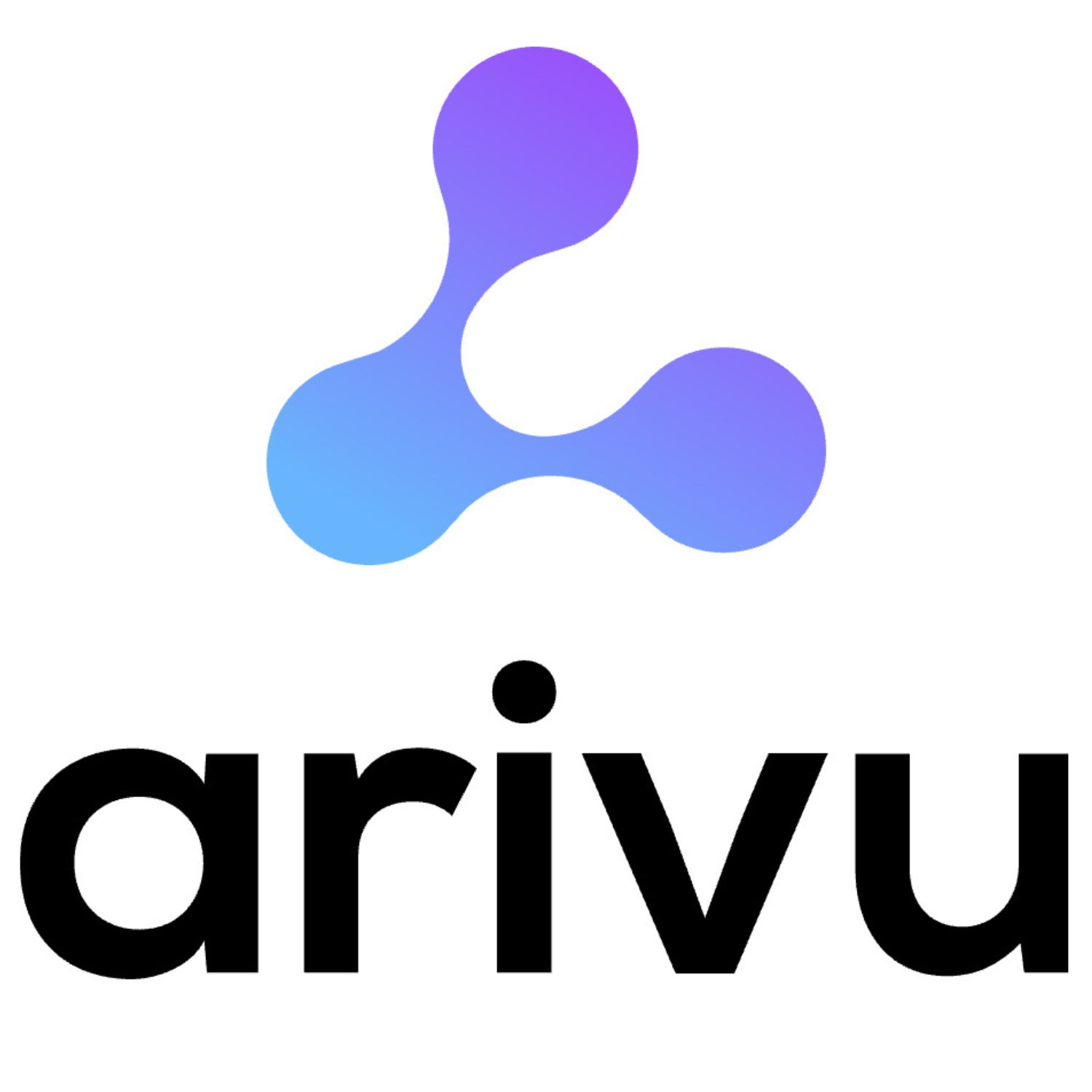
CoSO acts as a powerful abstraction layer, offering interfaces for smart contracts to extensive off-chain data resources and highly efficient yet decentralized off-chain computing resources.
CoSO offers a powerful, generic framework for augmenting existing smart contract capabilities by securely composing on-chain and off-chain computing and data sourcing resources. The result is hybrid on- and off-chain smart contract capabilities which are widely considered as critical for greater commercial adoption of Web3.0.
One of the Curators available on CoSO at the moment is Darkbeam
Their service provides fully automated cyber security risk assessments which are made available on Algorand through CoSO.
The result is presented to Algorand in a signed transaction, in the notes field as JSON data, just like in the adjacent JSON sample.
One of the big differentiators between CoSO and other Oracle technology, is that opposed to simply returning a numerical result, which may not change often over time, it returns a decision.
CoSO allows you to tie multiple data sources together into a single query, where you can execute mathematical expressions, and look for an increase or decrease since the query was last executed which is the change of state.
In the JSON, you can see the change in state in the sub (Subject) field, represented with some finesse as both the raw data, and the percentage change, but the query allows the user to associate a value with that query. This value is used for the owner of the query in CoSO to associate a numerical magnitude of importance.
For example, if a supplier has a consistently high cyber security standard, which stay high 364 days of the year, but dropped suddenly for 1 day, you want to take action based on that 1 bad day, not the 364 days before it.
{
“coso“: “arivu”,
“src“: [“darkbeam”],
“id“: “6b59914e-7b2d-488e-a82b-0255ba7396a6”,
“rule_id“: “8e7a768f-0de0-45b3-8da1-c6ea572bb2fa”,
“c_name“: “H & M Hennes & Mauritz B.V. & Co. KG”,
“c_id“: “HRA 107144”,
“title“: “Cyber threat score increase”,
“cat“: “Operational Resilience”,
“deqes“: “How could this cyber threat impact our contracts?”,
“rtheme“: “Cyber threat risk”,
“sub“: “‘H & M Hennes & Mauritz B.V. & Co. KG’ on 2022-07-12 cyber threat score rose from 470 to 480 a rise of 2.13%”,
“value“: 80,
“pubdate“: “2022-07-12T00:00:00”,
“date_discovery“: “2022-08-10T00:00:00”,
“RuleName“: “Cyber DB – Cyber Rating Score”
}
Once a CoSO query has executed, and it has determined that a significant change of state has happened, it can trigger a number of events which can be an external API endpoint, an email, storage in Azure, or execute a transaction in Algorand.
Algorand is an energy efficient block chain, with immediate transaction finality.
Arivu uses this technology to responsibly and quickly fossilize fact and decisions to Algorand using CoSO.
These facts or decisions cannot be tampered with by anyone, they are “immutable“, and since the information is spread out over so many locations, you never have to trust who is holding your data, making it “trustless“.
You access this data at any time, either on-chain or off-chain without limitation. The JSON sample we looked at earlier can be found using the Algorand Blockchain Explorer by either clicking here, or clicking the image below.
CoSO also allows you to compare data from multiple data providers, so you’re not relying on the accuracy of one centralised source.
The list of available data sources has been growing over time, and eventually will become entirely self service allowing for a data marketplace where people will be rewarded or slashed (for bad service) in the Arivu token.
